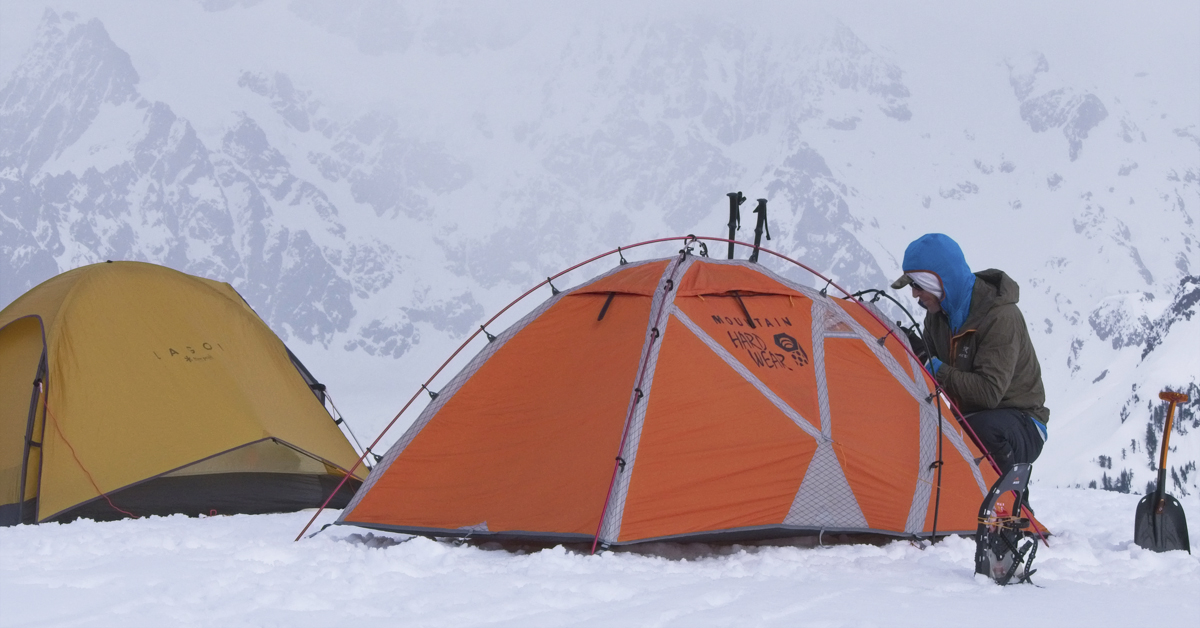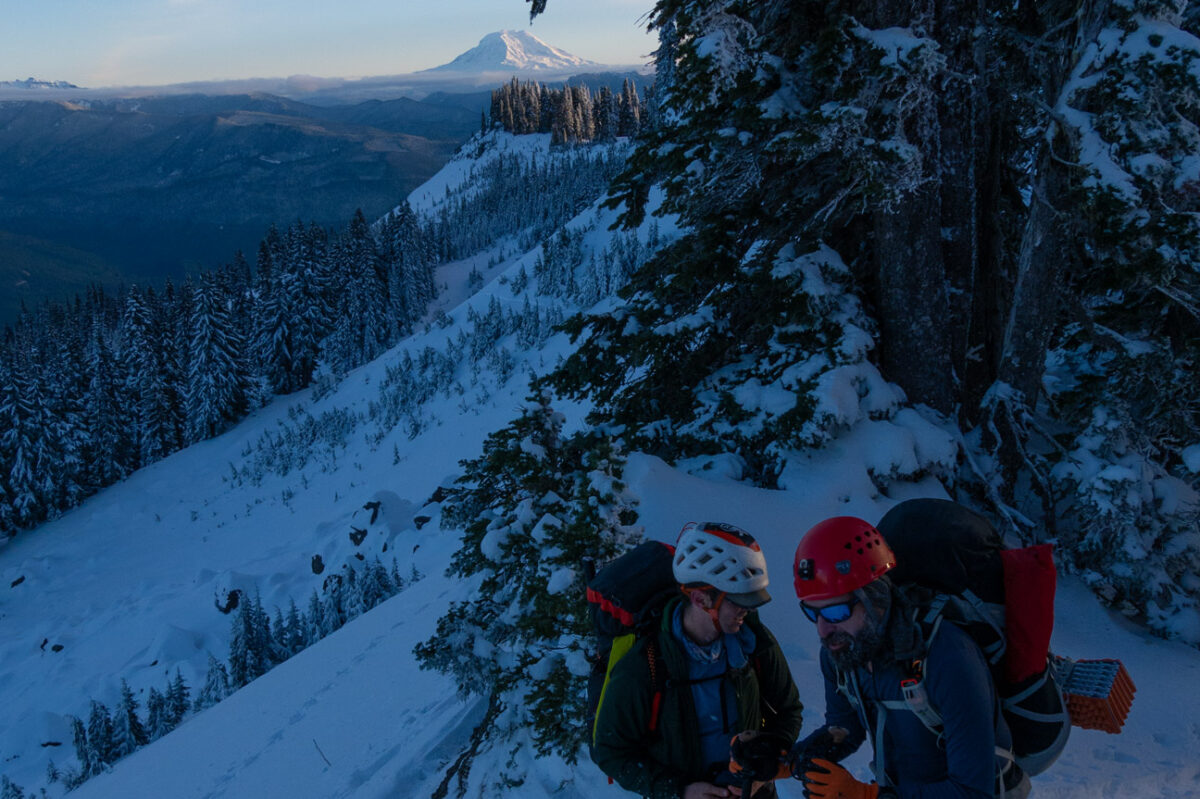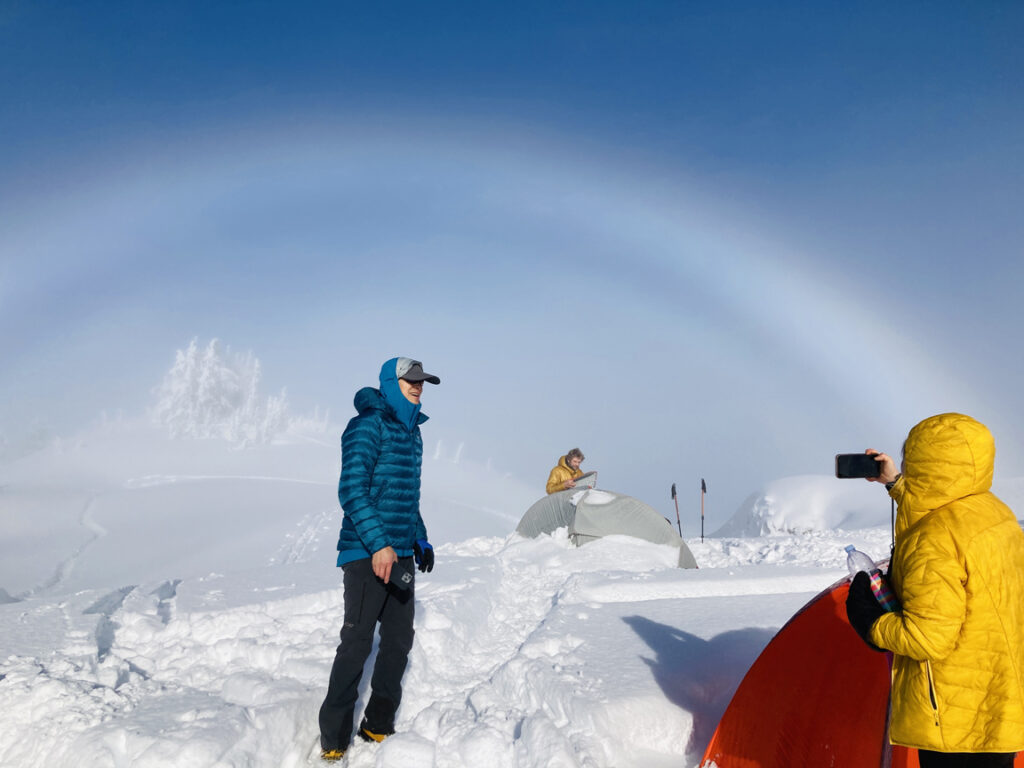Will a 3-season Tent Work in Pacific Northwest Winters?
The short answer is yes. I’m not going to do a detailed review of particular tents, but I want to mention a few models that I see often on our trips. I’ll also discuss a few pros and cons of using 3-season tents in the Pacific Northwest winter conditions and some of the best 4-season options available. In context, I’ll be referring to small and light tents for backpacking rather than tents that are used for basecamps and long stays in one location.


